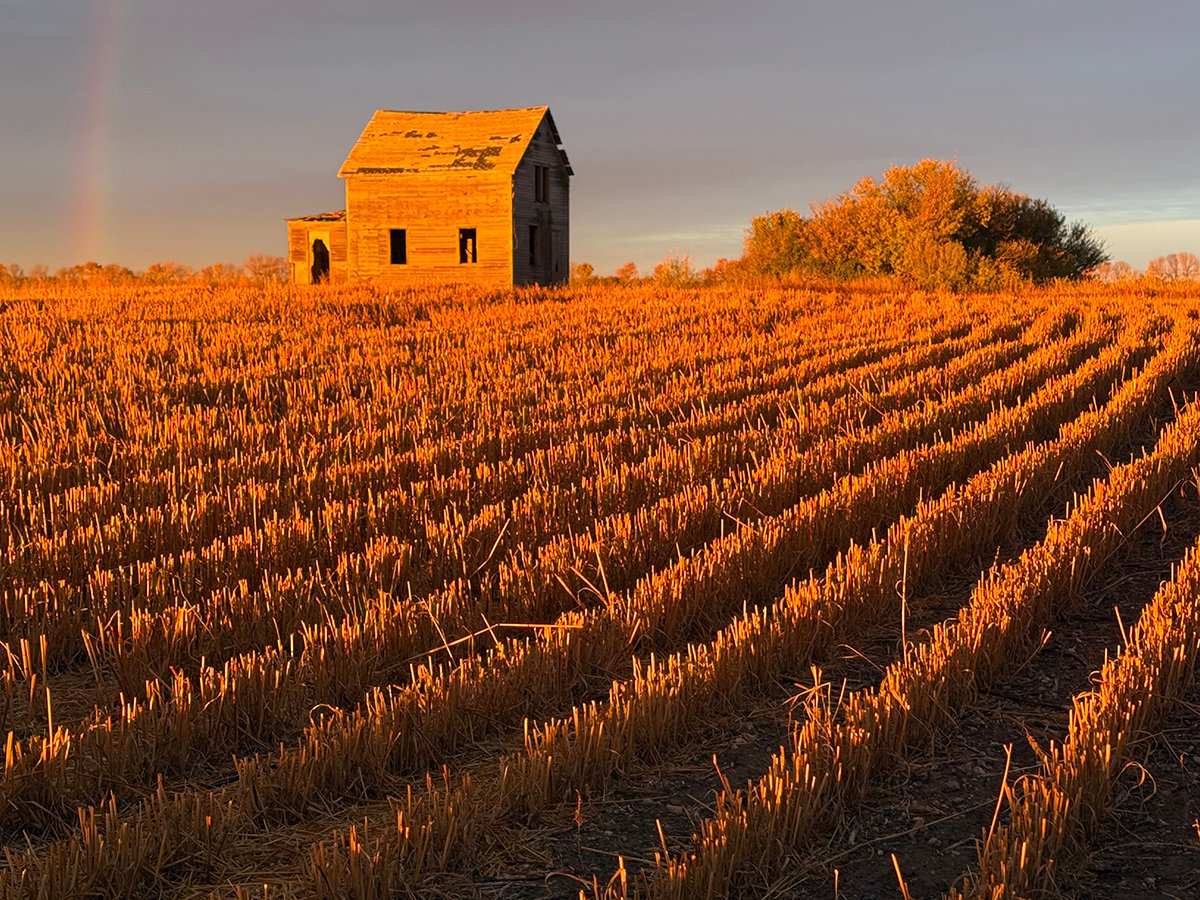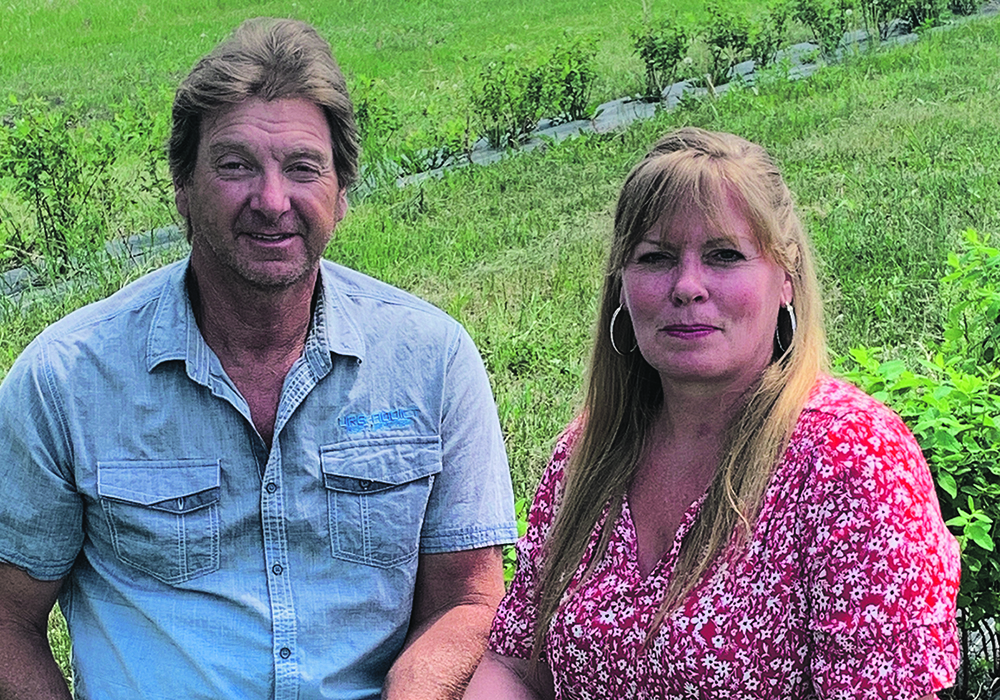The latest varieties are the second generation developed through the University of Saskatchewan’s breeding program
An elongated bluish-purple berry is gaining popularity on the Canadian Prairies.
Most commonly called by its Japanese name, haskap, this berry is also known as honeyberry and sweet berry or blue honeysuckle. It is native to the northern boreal forests in Asia, Europe and North America. Its history can be traced back hundreds of years on Japan’s Hokkaido Island.
Today, haskap bushes are available at retail garden centres and are becoming more prevalent as a new fruit crop on prairie farms.
Jessica Buban has 2,000 haskap bushes on her farm near Spiritwood, Sask.
Read Also

Forecast leans toward cooling trend
July saw below average temperatures, August came in with near to slightly above average temperatures and September built on this warming trend with well above average temperatures for the month.
“My oldest ones will be five years old and some are four years,” she said.
Haskap bushes require three growing seasons to produce a reasonable quantity of berries. Buban operates a haskap U-pick in mid- to late-July. She said it’s successful because she is near lakes and many of her customers are cottagers.
She admitted she has to educate many people about haskap.
“I always encourage people to eat them off the bush.”
Buban wasn’t familiar with the berry until 2019, when she attended Haskap Days at the University of Saskatchewan.
“I was very fascinated with the concept of growing fruit.”
The five varieties she grows — Aurora, Honeybee and Boreal Blizzard, Beauty and Beast — were all developed through the University of Saskatchewan’s domestic fruit program headed by Robert Bors.
Bors, assistant professor in the plant sciences department, has worked on haskap breeding for about 25 years. He said the latest varieties released to the public are the second generation developed through the university’s breeding program.
“The bushes are twice as tall with more fruit.”
He said the berries of the new varieties ripen at different times so producers can extend harvest.
“All of our varieties are adapted to the Prairies,” Bors said.
This hardiness allows the plants to prosper in a range of soil types, even clay soil with high pH levels.
Bors said the biggest challenge for haskap production in some areas is damage by birds, but netting will help.
Buban expected to harvest about five pounds of berries from each of her bushes this year. She credits irrigation with helping her orchard thrive.
Trena Zacharias attended the same Haskap Days event in 2019 as Buban, and like Buban, she was excited.
“I absolutely love the berry,” she said. “I tasted about 20 different varieties, and I picked my top five.”
Returning to her home in West St. Paul, Man., she shared her new knowledge with her husband, Wayne. Wayne had been a grain farmer for 35 years and, at that point, was looking for a new business venture.
The couple found a 30-acre piece of land close to their home and within a few kilometres of Winnipeg. It hadn’t been farmed for years, so Wayne had to clear and till it before planting 20,000 haskap bushes on 20 acres in the fall of 2020.
Like Buban, the Zachariases are growing Aurora, Honeybee and Boreal Blizzard, Beauty and Beast varieties. Aurora and Honeybee cross-pollinate with the three Boreal varieties.
“I want organic berries. You don’t have to spray them,” Trena said.
The fledgling plants had to endure a hot, dry summer in 2021.
“We thought we were going to lose them,” Trena said. “We watered by hand every single day.”
The bushes survived and grew well last summer.
“This year we’re hoping to have a U-pick,” Wayne said.
They have been granted a propagators licence by the University of Saskatchewan and are excited about the future of haskap production.
“It’s too good to keep it a secret,” Trena said.
She noted that preliminary research showed haskap is the berry highest in antioxidants and contains high levels of vitamins A and C, fibre and potassium.
Bors agreed that haskap shows potential for nutraceutical use and hopes more research will be conducted. He believes that haskap could become one of the main berries grown in Canada.
The Zachariases and Buban are involved in promoting haskap to the public through the first Canada-wide Haskap Berry Days planned for July 3-9.
Bors said the university is also holding a haskap school in mid-July.















